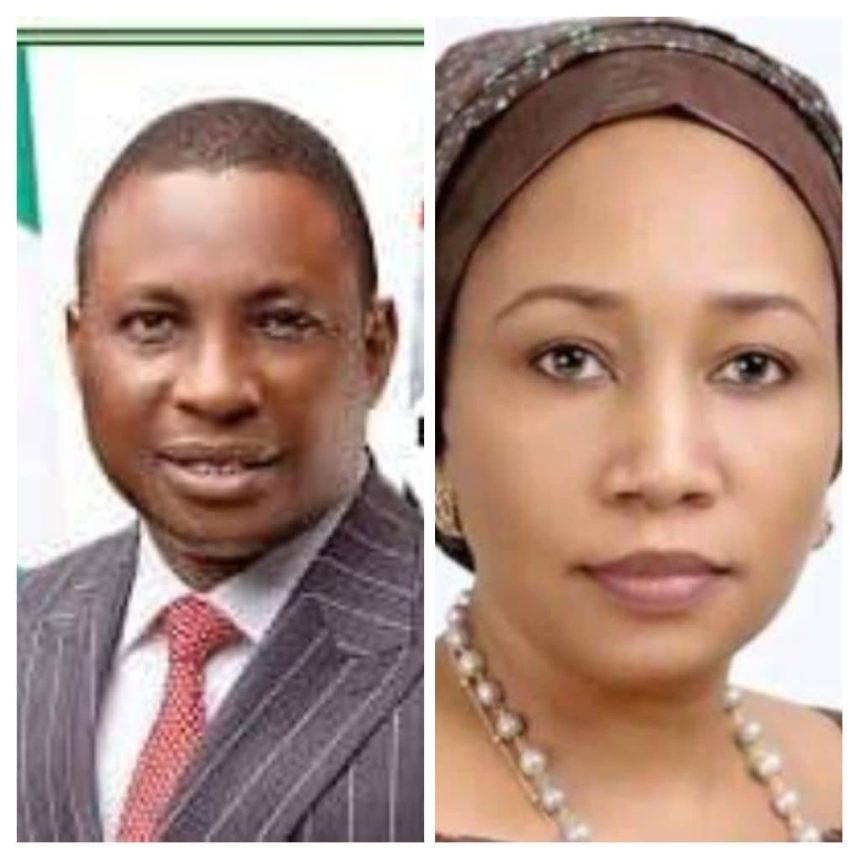By Yohanna Ude
The scheduled arraignment of Ms. Halima Buba, Managing Director of SunTrust Bank Ltd., was abruptly stalled yesterday, not due to any resistance from Ms. Buba, but because the Economic and Financial Crimes Commission (EFCC) failed to properly serve her with court documents.
The procedural failure occurred despite the EFCC’s prior extensive media campaign that portrayed Ms. Buba as guilty before she had the chance to appear in court.
The EFCC’s inability to effect proper service of court papers has raised serious concerns about adherence to due process and the integrity of Nigeria’s justice system. Instead of following standard legal procedures, the EFCC reportedly sought an ex parte motion for substituted service, even after Ms. Buba’s legal team offered to accept the court documents. This approach suggests a prioritization of public spectacle over lawful procedure.
Legal experts warn that such actions risk undermining public confidence in judicial fairness. The Supreme Court’s ruling in FRN v. Ibori (2014) cautioned against media trials that compromise the presumption of innocence and the sanctity of court proceedings.
Ms. Buba’s case is not isolated. It echoes a disturbing trend where high-profile Nigerian women—such as Senator Natasha Akpoti and Aisha Achimugu—have faced public vilification fueled by unproven allegations. Observers note a gendered dimension to these attacks, with women leaders disproportionately targeted and tried in the court of public opinion before any formal legal adjudication.
In light of these developments, calls have been made for Her Excellency, Senator Oluremi Tinubu, the First Lady of Nigeria, to intervene and uphold the dignity of women in public life. Advocates urge her to condemn the gendered double standards and to champion fairness and respect for due process.
Despite the EFCC’s failure to serve her properly, Ms. Buba’s legal team was present in court, signaling her willingness to cooperate fully with lawful procedures. This stands in stark contrast to the narrative of evasion promoted by the EFCC’s media campaign.
This incident highlights the urgent need for Nigerian institutions to balance their mandate to combat financial crimes with respect for legal norms and human dignity. The EFCC must pursue justice with integrity, the media must avoid sensationalism, and society must uphold the principle that all individuals are innocent until proven guilty.
As the case unfolds, the hope remains that evidence—not public noise—will determine the outcome.












